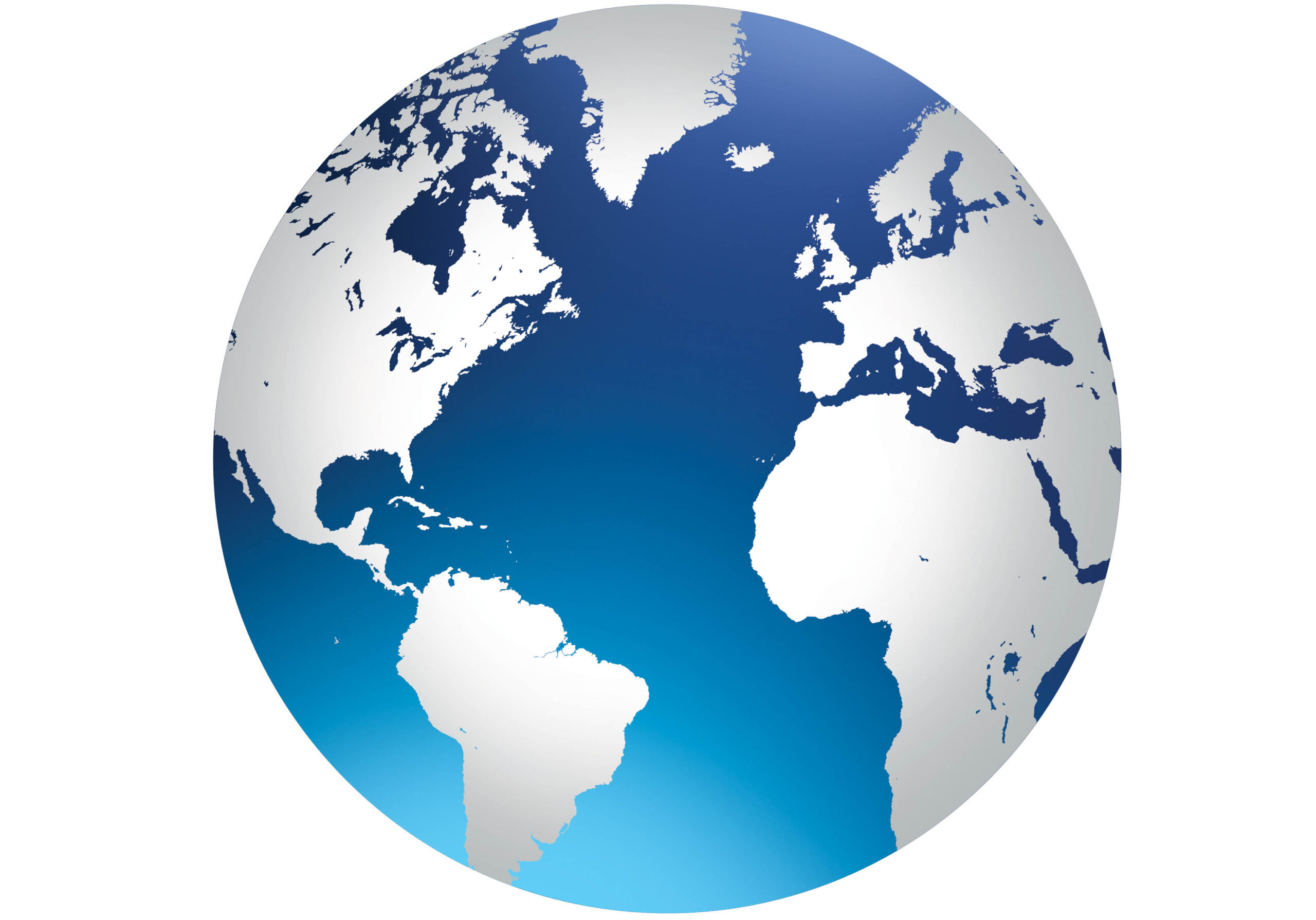Adama Dieng, a Senegalese jurist, has been named Secretary-General of the ICJ, it was announced today in Geneva. Dieng replaces Niall MacDermot who headed the ICJ for 20 years and who retired last month.
In making the announcement, the ICJ Executive Committee praised Dieng’s commitment to the Rule of Law. Dieng, 40, a Graduate in Law from Dakar University, has been the ICJ’s Legal Officer for Africa since 1982 and its Executive Secretary since 1989. In these capacities, he has conducted numerous human rights fact-finding missions and organised seminars and conferences on human rights, legal services and the independence of the judiciary. He authored many publications on Human Rights, Development and Communication.
Dieng becomes the seventh Secretary-General of the ICJ which was founded in 1952. Prior Secretaries-General were Niall MacDermot (U.K.), Nobel Peace Prize Laureate Sean MacBride (Ireland), Sir Leslie Munroe (New Zealand), Jean-Flavien Lalive (Switzerland), Norman Marsh (U.K.) and A.J.M. Van Dal (Netherlands).
Dieng has been a consultant for UNESCO, UNITAR, the Ford Foundation, the Agence de Coopération culturelle et technique, the International Committee of the Red Cross, the UN Centre for Human Rights, the South-South Commission and the African Commission for Human and Peoples’ Rights. He is a member of the Advisory Council of the International Centre for the Legal Protection of Human Rights (INTERIGHTS), the Executive Board of the World Organisation against Torture / SOS-Torture, and the Executive Committee of the African Centre for Democracy and Human Rights Studies, the Advisory Council of HURIDOCS, the International Institute of Humanitarian Law and the African Association of International Law.
The ICJ, whose headquarters is in Geneva, is a non-governmental organisation in consultative status with the United Nations Economic and Social Council, UNESCO, and the Council of Europe and. the OAU. Its task is to defend the Rule of Law throughout the world, and to work towards the full observance of the provisions in the Universal Declaration of Human Rights. The ICJ has been a driving force behind the adoption of numerous international declarations and standards including the UN Basic Principles on the Independence of the Judiciary, the European Convention Against Torture and the African Charter of Human and Peoples Rights.
The ICJ is composed of not more than 40 distinguished lawyers from all parts of the world. The President of the ICJ is Andrés Aguilar, Ambassador of Venezuela to the United Nations in New York. It is supported by jurists from all continents and has gained widespread recognition and respect in legal and international circles. It was awarded the first European Human Rights Prize by the 21-nation Council of Europe in 1980, the Wateler Peace Prize in 1984 and the Erasmus Prize in 1989.




